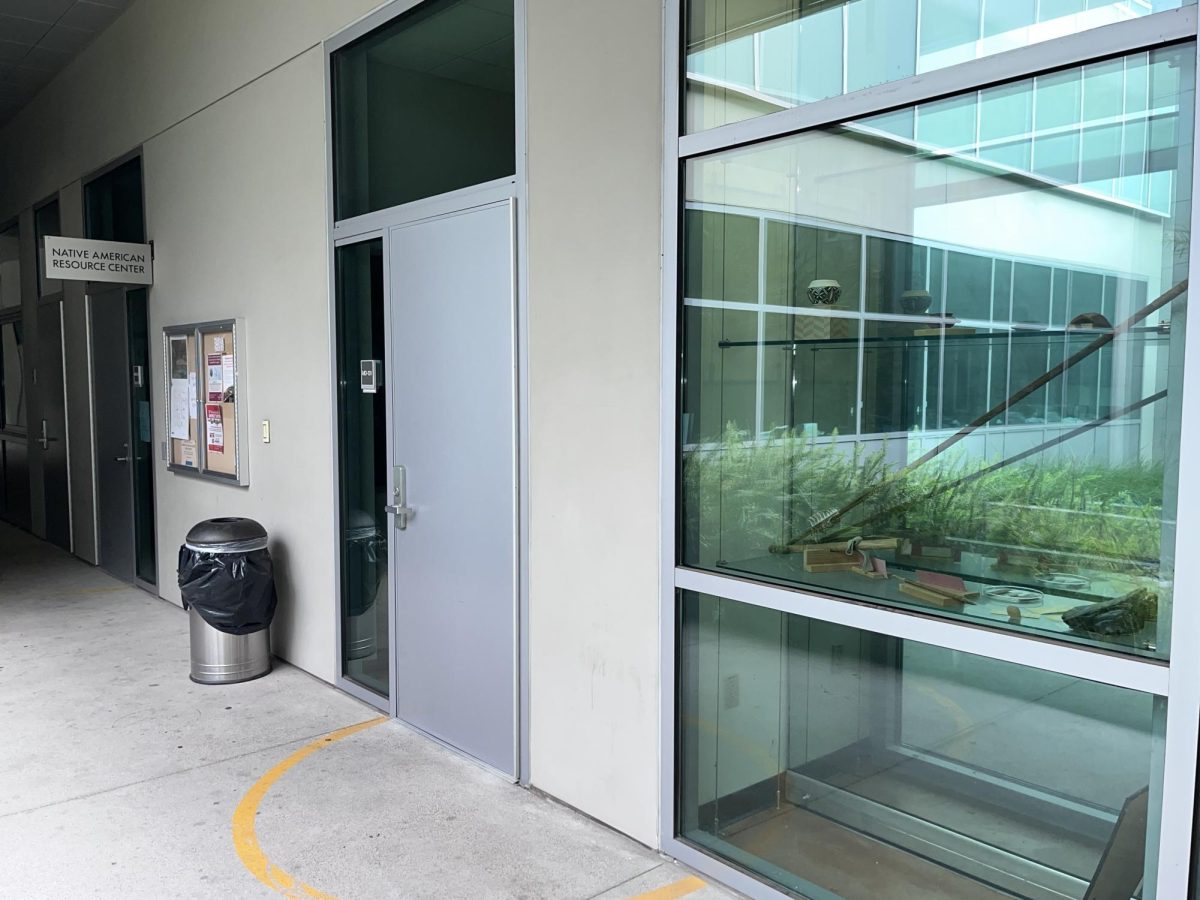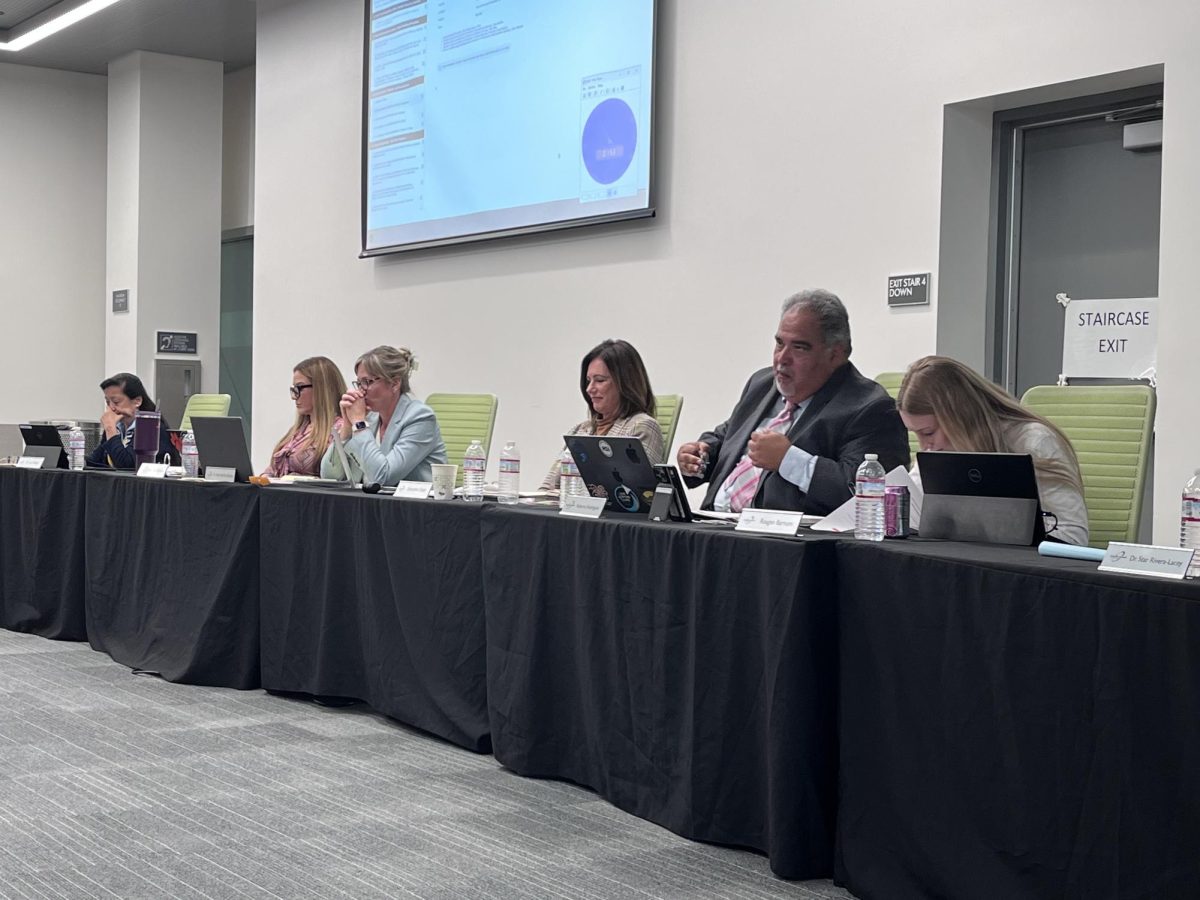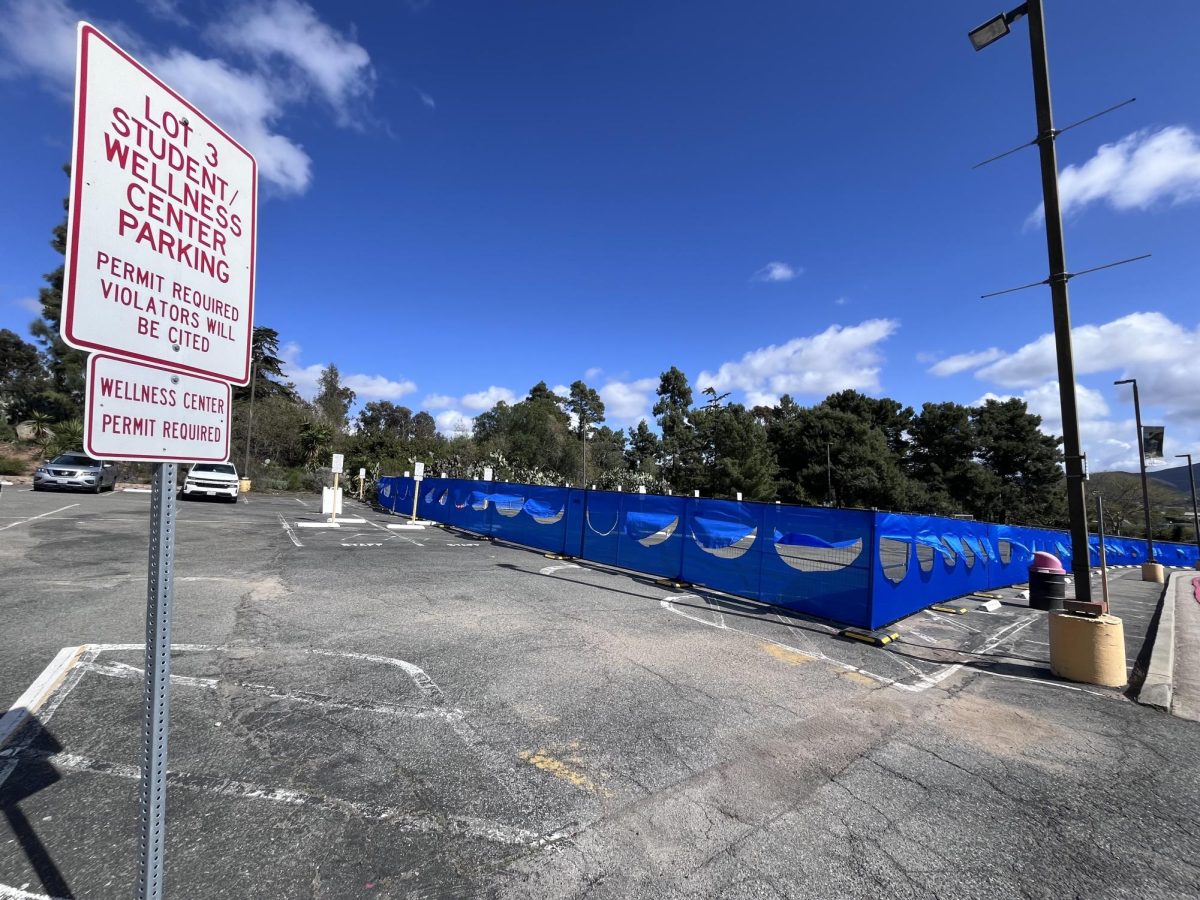The semester is shrinking at Palomar College.
In Fall 2016, the campus will switch to a compressed calendar schedule, meaning that Palomar’s 18-week semester will be shortened to 16 weeks without loss of instructional time, according to school officials.
“The idea is that we actually have more hours with students even though it’s condensed. Our number of days is fewer but our actual hours over the semester (are) greater,” said Teresa Laughlin, the Faculty Federation’s lead negotiator.
The compressed calendar schedule is meant to allow more time in the classroom for students even though it does away with the last two weeks of school, according to Laughlin.
One of the more notable changes is the end of a dedicated finals week, another would be the slight difference in class times. A class normally starting at 9:30 a.m. will start at 9:35 a.m. next semester, and would end at a similarly odd time.
Laughlin said that the change will allow more time in the classroom to help students with their educational goals, as well as giving students an extra week or so to work full-time.
“I hope that it’s a positive change in terms of the extra hours in the classroom to help students with their learning goals,” Laughlin said.
But days will be longer for both students and faculty, according to Professional Development Coordinator Kelly Falcone.
A class that normally would meet 48 hours will now meet 54 hours a semester. Classes will be longer and shared governance committees will start at least 30 minutes later in the day, Falcone said in an email.
Dan Sourbeer, vice president of Instruction, explained that each class period will be 5 or 10 minutes longer, and that there are formulas developed by the State that calculate how much longer each class needs to be.
But due to the increase in classroom hours, faculty are seeing a decrease in their professional development time to make for it, Falcone said.
Professional development is defined as any time faculty takes to work on staff, instructional or student improvement. Prior to the change, Palomar College had 12 days designated for professional development time, a number that is high compared to other community colleges, Falcone said.
Faculty currently have to attend 72 hours of professional development a semester. The compressed calendar sees that number drop to 48.
Falcone added that she wishes that Palomar officials could have found a way to keep more professional development days.
“I don’t think the change is going to make faculty spend less time for personal and professional growth, but it will mean they are compensated for less time through their teaching contract,” Falcone wrote in an email.
But despite the decrease in professional development hours, Laughlin said she believes that the change is overall a positive one — and a decision that was well-vetted by the faculty.
“We had several meetings … about the condensed calendar. And pretty much everybody was in favor of it,” Laughlin said, adding that there were a few problems — with lab classes in particular — that faculty felt they could deal with.
An FAQ document posted on Palomar website reported that a compressed calendar schedule more closely resembles that of universities and other 4-year schools. Laughlin added that many colleges in the area have switched to a condensed calendar schedule.
“There’ll be some bumps in the road, but I’m sure we’ll weather the storm,” Laughlin said.
The school is also changing Thanksgiving week to an non-instructional week. Sourbeer said that week has always been poorly attended — and viewed as a problem by Palomar officials, especially for students with children.
“So we have our own students bringing their children to class, or having to not come to class because they have children at home and can’t find help,” Sourbeer said.
Sourbeer also said that, with a 16-week calendar, the holiday schedule is more in-line with K-12 schools, again helping students with children.
Another change is the way the schedule has been in the past, it was tougher for the school to fit in intercessions between semesters, including a session between the Spring and Summer semesters, according to Sourbeer.
Sourbeer concluded that it might take one or two semesters to fully work out most of the kinks that this transition will bring. For example, school officials met with the North County Transit District — the company that runs the Sprinter — to discuss how the odd start times could conflict with public transportation schedules.
But Teresa Laughlin brought up another issue: the relative silence about the change.
As of press time, Palomar College officials have not sent any mass emails informing students of next semester’s compressed calendar. There is no notice posted on Palomar’s website, or any of its various social media accounts.
The calendar change first became an issue when Palomar officials found that, with certain holidays, some classes actually weren’t meeting the 48-hour minimum required by the state, Sourbeer said.
The college was required to make a change. This led to campus officials looking at various calendar options.
“We thought it would actually be a selling point or a feature if we scheduled to the maximum, which is 54 hours. Then, students and instructors both could be getting more instructional hours,” Sourbeer said.
Palomar student Anthony Moreno, 19, said he had not heard of the change, but didn’t see it as much of an issue.
“I don’t want classes to be longer, (but) if it’s not much of a difference, I don’t think many people will notice it,” Moreno said.







